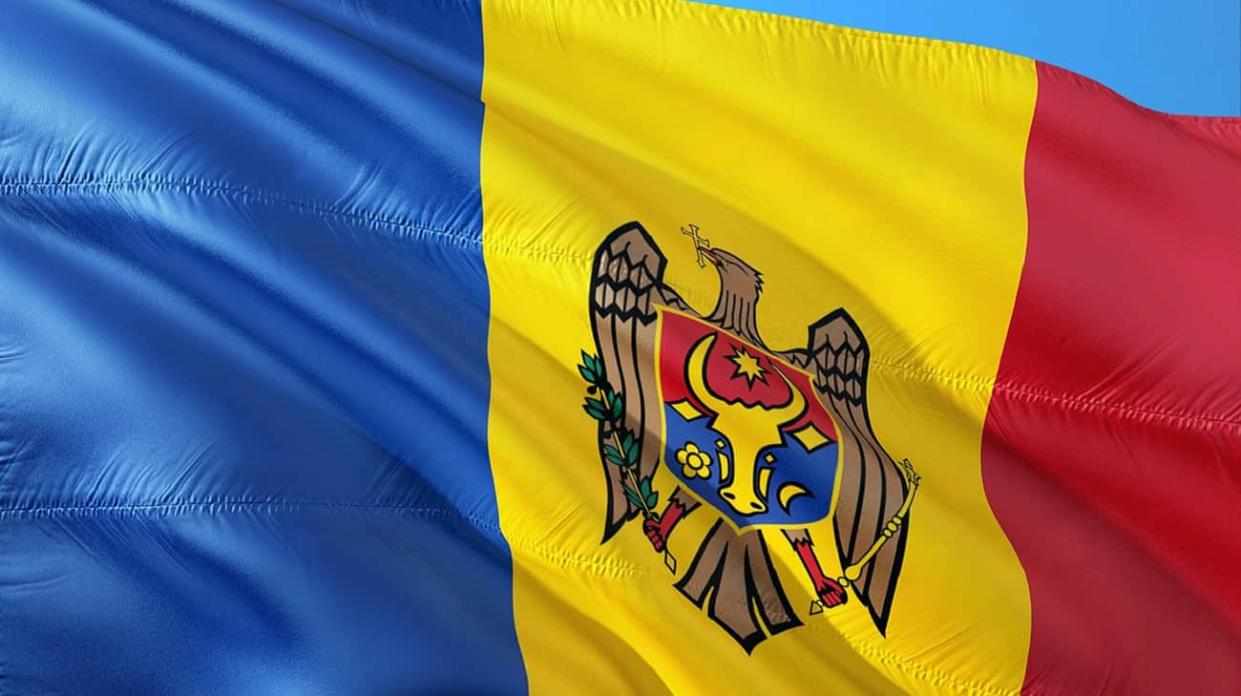Kremlin is destabilising Moldova – ISW

ISW believes that the Kremlin is trying to use pro-Russian figures in Moldova to destabilise Moldovan democracy and society.
Source: Institute for the Study of War (ISW)
Details: In this way, Russia wants to prevent Moldova from joining the European Union or even justify future hybrid or conventional operations against Moldova.
Evgenia Gutsul, the Kremlin-linked governor of the pro-Russian Moldovan autonomous region of Gagauzia, has hinted that Romanian officials control the Moldovan government. This was the latest in a series of recent attempts by the Kremlin to question the sovereignty of European pro-Western governments.
Gutsul said on 8 April during an interview on Russia's state-run Pervyi Kanal (Channel One) TV channel that if Gagauzia starts the process of secession from Moldova, the reaction will come not only from the Moldovan government in Chișinău but also from Bucharest, Romania, which Gutsul said "controls" the Moldovan authorities, implying that Moldova is not a sovereign state.
Gutsul claimed that the Moldovan authorities could respond to Gagauzia's secession with "loud, threatening statements" or send troops into Gagauzia.
She also said that the unification of Moldova with Romania would be the "death" of Moldova, the Moldovan language and culture.
On 5 April, Gutsul said that Gagauzia would "immediately" start the process of secession from Moldova if Moldova united with Romania.
Military analysts believe that Gutsul's interview on Russian state television on 8 April was likely aimed at creating conditions to justify potential future Russian aggression against Moldova to Russian-speaking and pro-Russian audiences in Gagauzia, the pro-Russian breakaway republic of Transnistria, other pro-Russian regions of Europe and Central Asia, and in Russia itself. The Kremlin likely sees its efforts in Moldova as part of Russia's broader existential geopolitical conflict with the West. Russia's Ministry of Foreign Affairs (MFA) and MFA officials have recently hinted that Western countries are somehow directing the Armenian government's national security policy and claimed that Finland "lost its independence in making foreign policy decisions" after joining NATO.
Previously, in order to undermine Ukrainian sovereignty and justify Russia's invasion of Ukraine, the Kremlin has made similar false claims that NATO controls Ukraine and uses Ukraine to threaten Russia. The Kremlin is likely to continue to claim that various target states are not fully sovereign in order to set the information conditions for Russian hybrid or conventional operations against them.
To quote the ISW's Key Takeaways on 8 April:
Ukrainian drone strikes against Russian oil refineries are reportedly forcing Russia to seek gasoline imports from Kazakhstan.
Ukraine’s Main Military Intelligence Directorate (GUR) indirectly suggested that it may have been responsible for an explosion that disabled a Russian Baltic Fleet small missile carrier at the naval base in Baltiysk, Kaliningrad Oblast on 7 April.
Recent discourse among select Russian military bloggers highlights contradictory Russian rhetoric in the Russian information space between narratives that seek to portray Russian forces as more capable than Ukrainian forces and other narratives that seek to criticise the Russian military for shortcomings that result in high Russian infantry casualties.
The Kremlin-affiliated governor of the pro-Russian Moldova autonomous region of Gagauzia, Yevgenia Gutsul, insinuated that Romanian officials control the Moldovan government — the latest in a series of recent Kremlin efforts to question European pro-Western governments’ sovereignty.
Russian forces recently made confirmed advances near Kreminna, Bakhmut, Avdiivka, and the city of Donetsk.
Russian President Vladimir Putin instructed the Russian Cabinet of Ministers and Russian machine construction company KONAR JSC to increase the production of components for the domestic machine tools industry, likely as part of ongoing efforts to expand the Russian defence industrial base (DIB) and mitigate the effects of international sanctions.
Support UP or become our patron!

